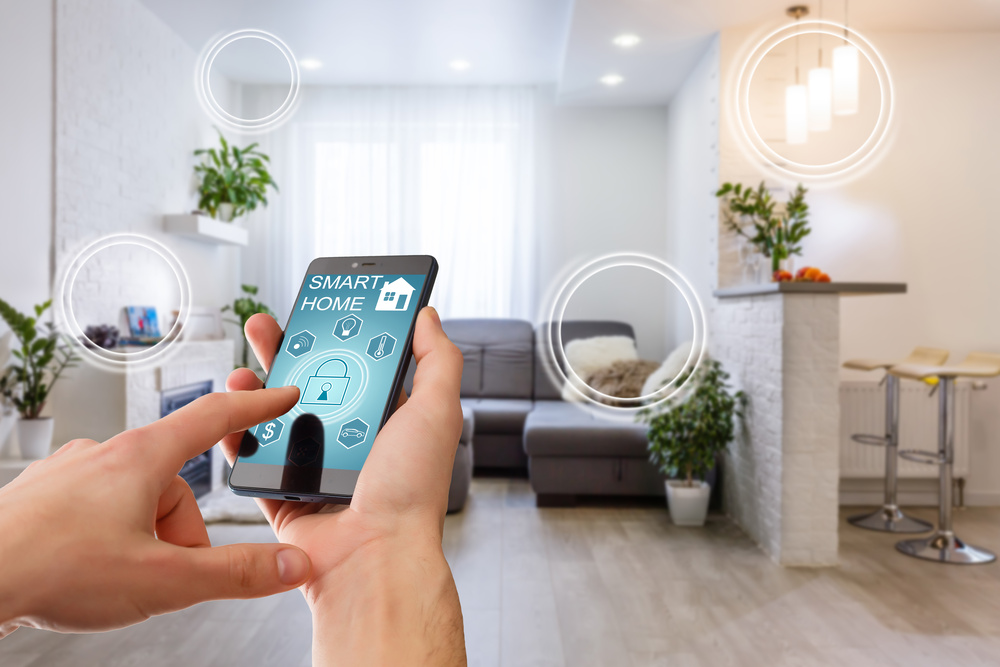The smart speaker is among the most common smart home devices found in U.S. homes. They were originally marketed as a way to interact with the internet using nothing but voice commands. Smart speakers represent a hands-free way to get news headlines, the weather report, and so on. But smart speakers are capable of so much more.
For example, do you use your smart speaker to control other smart devices in your home? Many people do. Something as simple as turning lights on and off can make an enormous difference in terms of convenience and comfort.
Vivint Smart Home, a smart home security company, illustrated the concept in a December 2022 post discussing how smart speakers from Google and Amazon can be used to change thermostat settings. With proper integration, a homeowner can simply speak to their smart speaker and change thermostat settings.
Controlling One with Another
A recent consumer intelligence report from PWC reveals that nearly half (44%) of U.S. consumers with smart speakers in their homes have used the devices to control other smart devices. Here are some of the devices that consumers are controlling with their smart speakers:
- TVs – 58%
- Light – 36%
- Thermostats – 29%
- Security alarms – 26%
- Outlets and switches – 22%.
Think about the implications here. If people are using smart speakers to control other smart devices, that means their smart speakers are acting as home automation hubs. At least some of the smart devices in their homes are connected to their smart speakers through a wireless protocol.
There Are Privacy Concerns
There are, of course, privacy concerns with this sort of thing. We already know that smart speakers from Google and Amazon are constantly listening. They need to in order to be ready to hear activation commands. Unfortunately, we also know that audio recordings produced by smart speakers are reviewed by humans, potentially giving real people access to private information.
The question for consumers is whether they are willing to trade some level of privacy for the benefits of home automation. Is controlling smart devices with one’s voice worth taking the risk that comes with smart speakers that never shut off? Some have no problem with it. Others have legitimate concerns.
PWC’s report reveals that 18% of people who are aware of voice-assistant technology do not actually use it. But there’s more. According to the report:
- 38% aren’t sold on the idea of a smart speaker listening in all the time
- 28% are concerned about privacy and data security in relation to smart speakers
- 21% say there isn’t enough value in a smart speaker to take the risks.
These are telling statistics to be sure. But the fact remains that companies like Google and Amazon need to be able to make money on their smart speakers and cloud platforms. And to make money, they either need to charge excessively high prices or harvest customer data they can monetize. The latter option keeps retail prices low in exchange for privacy and security concessions.
Voice Control Is the Future
Regardless of how any one person views smart speakers and home automation, voice control is the future. A few decades from now, people will be using voice command to control devices now controlled manually. In addition, smart features will guarantee all sorts of devices are more efficient so as the overcome the inherent weaknesses of human control.
If this level of home automation scares you, you might want to dip your toes in the pool now. Get used to minimal home automation before it becomes an unavoidable part of life – because it eventually will.

